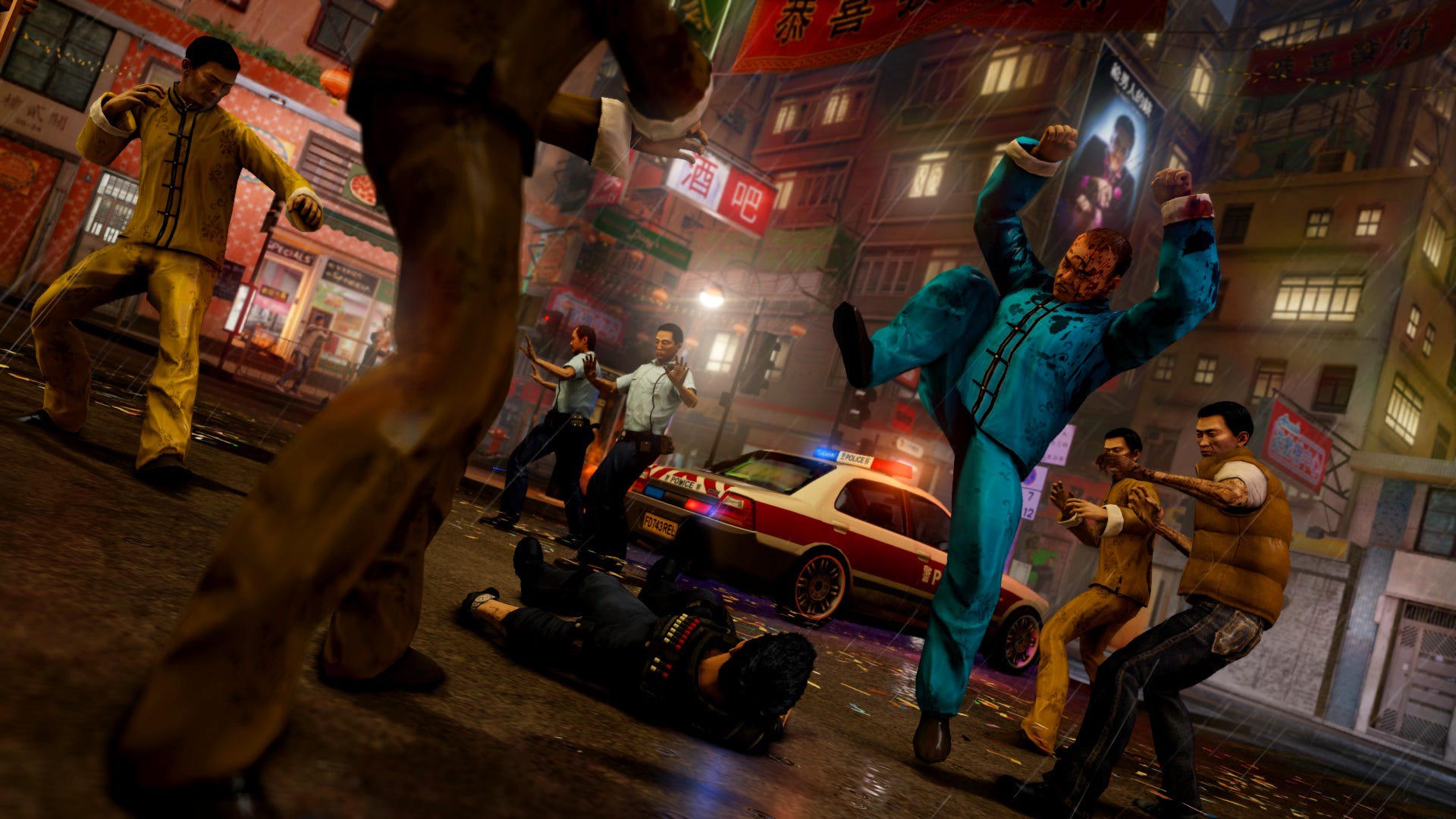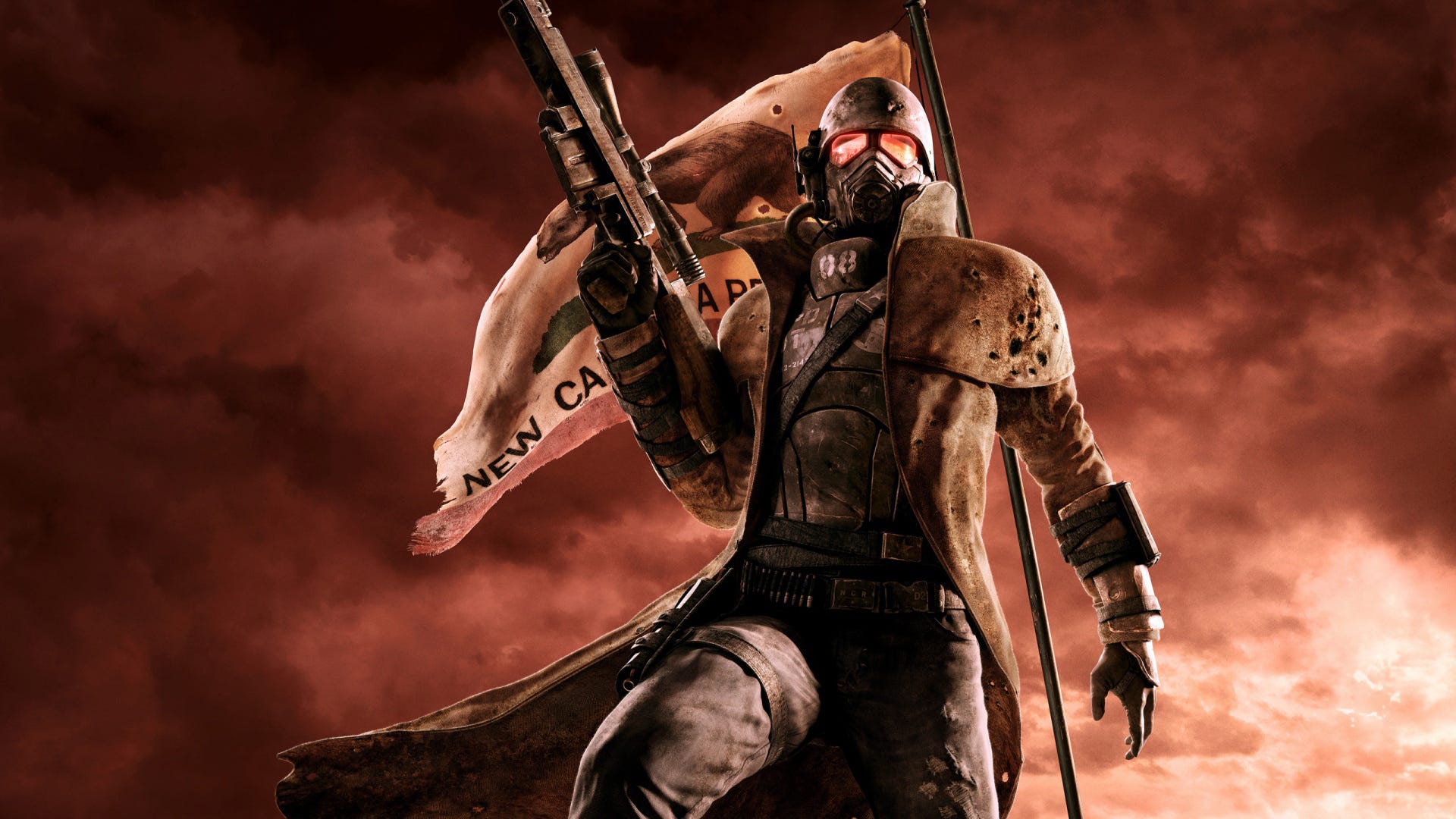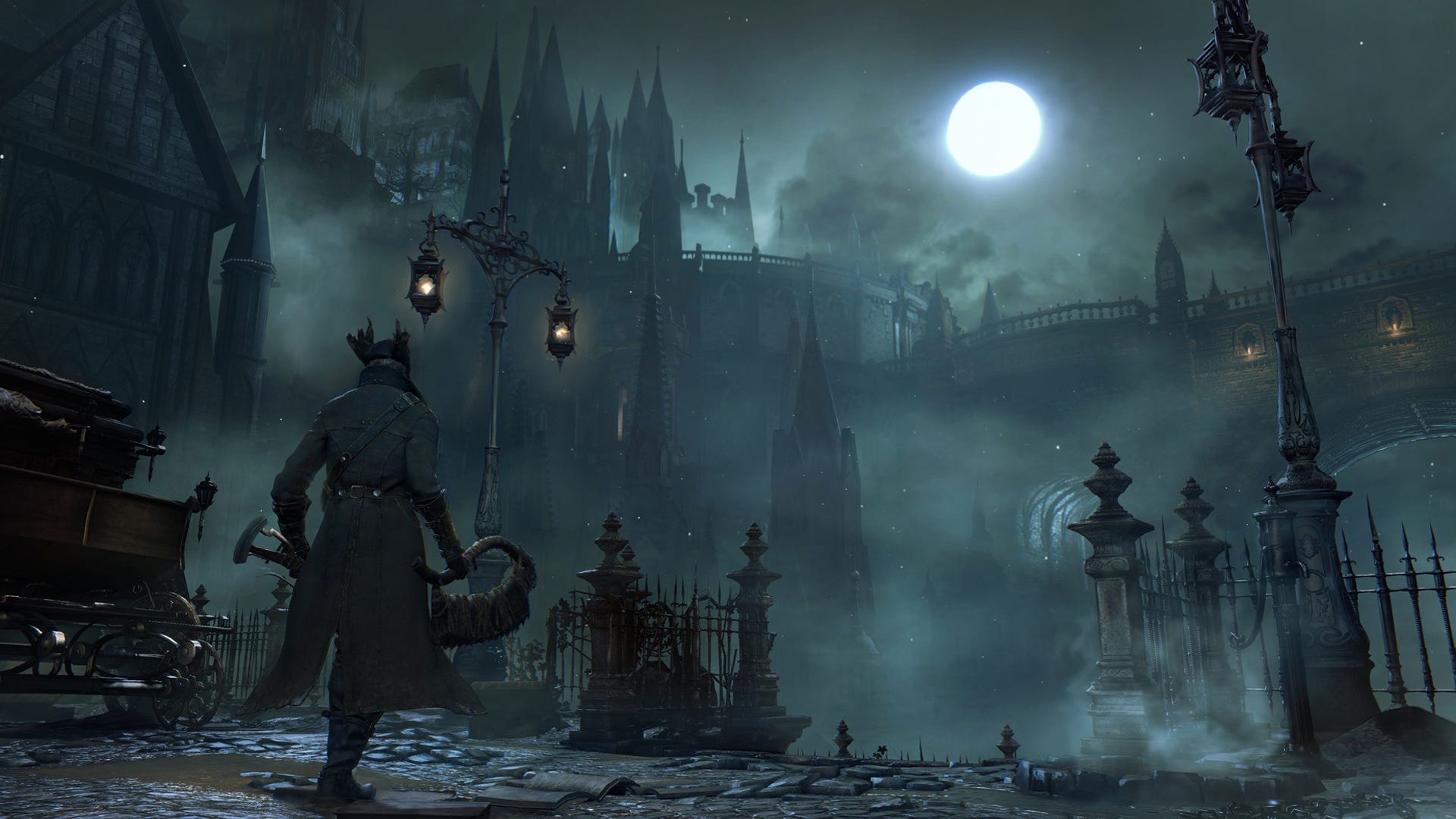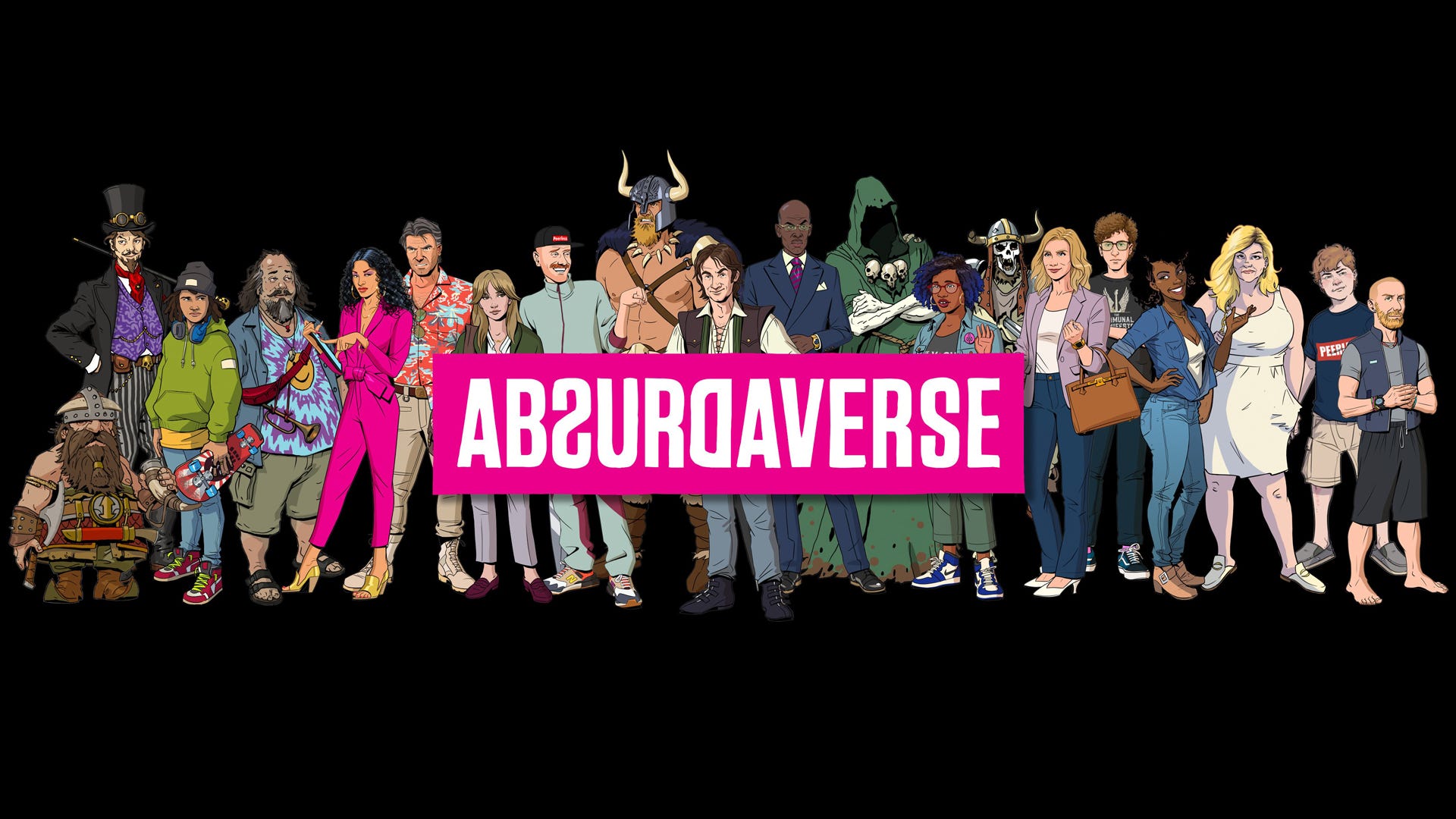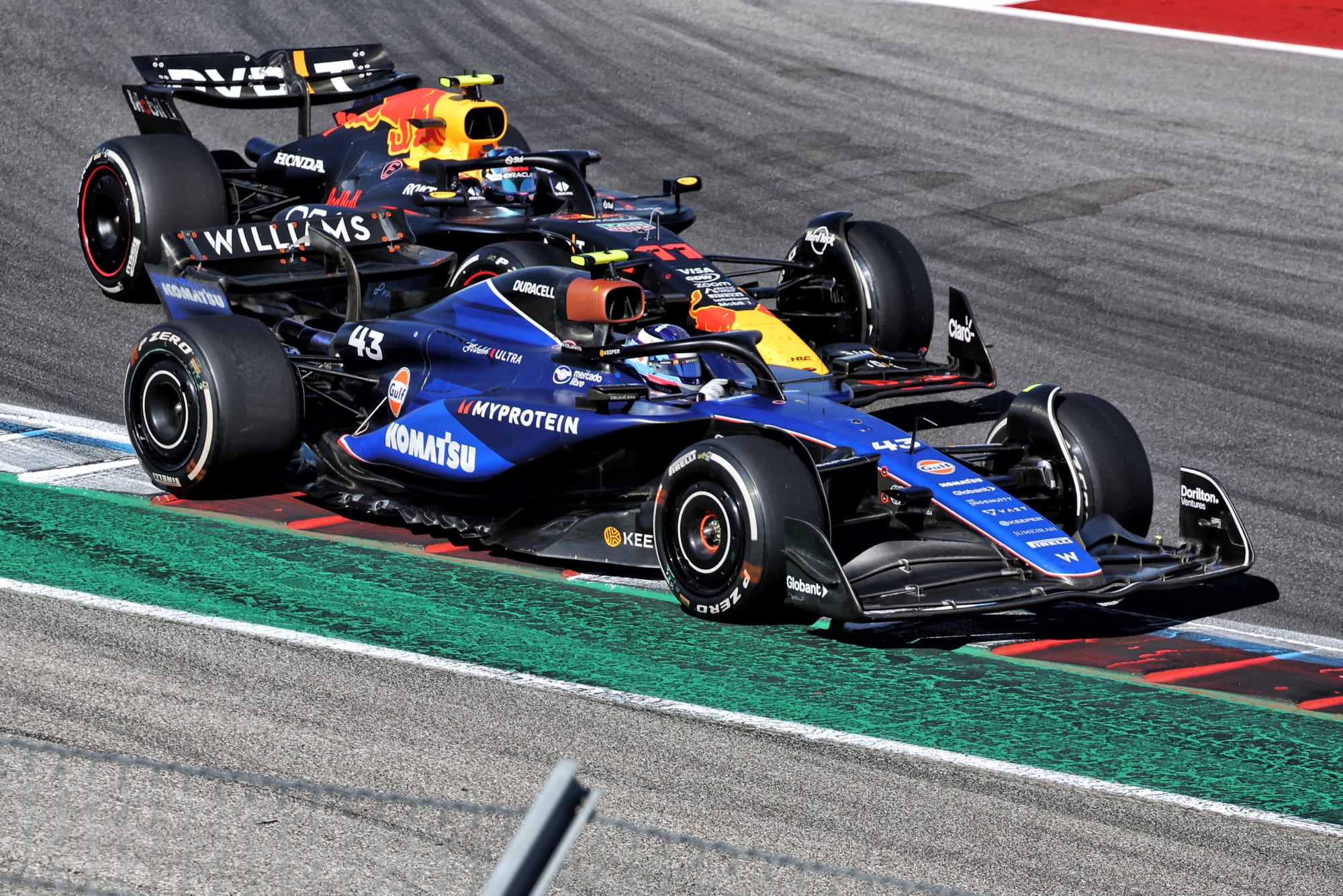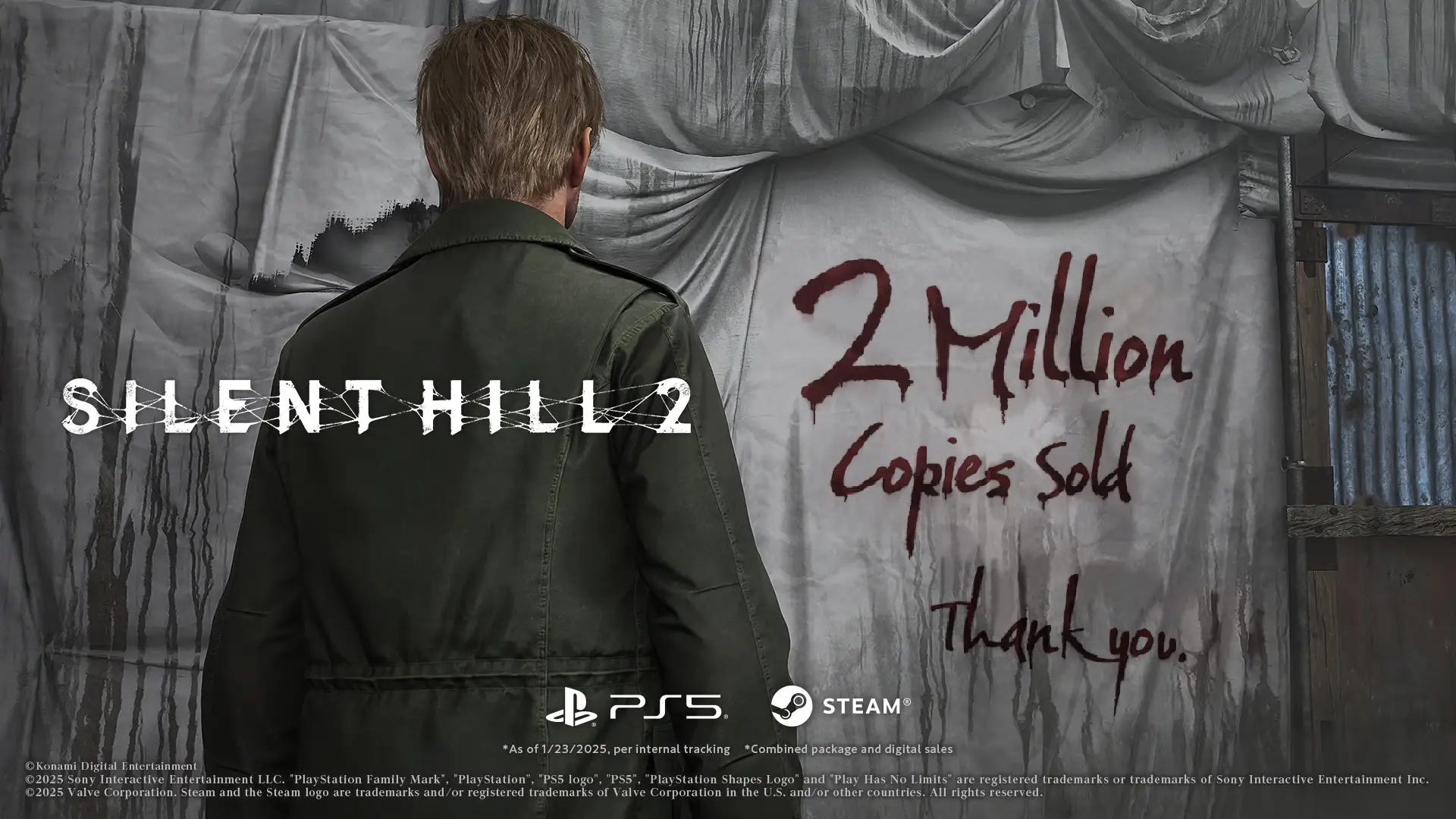Review: Dance of Cards Captures the Exhilaration of Gambling With Your Life
Dance of Cards is a sharp, if flawed, gambling RPG that is filled with some clever and downright risky design choices around its Poker-based play. Even with little interest in Poker, this game pulled me in with its special abilities that reshaped how you would play the card game. Its lethal death games see you putting your character’s life on the line in thrilling games where strategy and pure chance clash. Its story twists and turns at a brisk pace, shifting from playful to soul-crushing in moments. All of it had me in a tight grip as I played through the game despite some elements that came close to souring the whole experience. Martin is a magician and skilled Poker player who’s heading to the New World to find better opportunities (and more people to fleece at cards) alongside his sister, his director, and his director’s talking dog. It seemed like a strange setup for a Death Game, but once I was among several different, varied characters on a ship, automatons soon reveal themselves to be the ship’s crew and they pit everyone against one another in Poker- and gambling-based games where the losers are executed. What ties all of these people together? Why do the machines want them all dead? You’ll wonder that for most of the game as you pore over your hands of cards. Dance of Cards is largely focused on Poker for its gameplay. You get dealt a hand of two cards, then make choices about steadily raising your bet or backing out as five more cards are dealt that all players can use (Texas Hold ‘Em rules, I believe). You build the best hand of five cards you can out of this public pool and the cards in your personal two-card hand. Players all start with varying amount of chips in the game (often depending on how many players are on your team versus the opposite team, or bosses possessing more chips). You don’t have to fully drain your opponent’s chip reserves to win – usually the game eliminates a player with the lowest number of chips every four rounds. So, you just want to be sure one of your opponents is doing worse than you in round four. Although you can eliminate someone immediately by taking all of their chips. Image Courtesy of Pineapple Works. This system is made a bit more complex using Talents. Each specific character (and there are quite a few throughout the game) has a handful of special talents they can use to spice up each turn. Martin can switch one card with one of his opponents, causing major upsets when it happens. He can also swap a card in his hand with an Ace. Archie the dog can Sniff an opponent to tell if their current hand will beat his. Another player can bribe opponents to reveal one of their cards. These abilities can have dramatic effects on the hands being played, although the abilities cost TP to use (which slowly regenerates over time). You can’t constantly use most effects, but knowing when to use even one of them can really turn things around for you. And some of the bosses have some devious abilities that will turn every hand into a tense (and possibly unfair-feeling) showdown. As you play, you will often have a team of up to four players in Dance of Cards. This gives you several different players and hands to maintain as you play, which increases your chances of getting something good you can use to beat the opponent. It also means you have to keep several people from running out of chips as you play, which can make things more difficult. You can experience for each player who survives all the way until the other team is fully eliminated, which can be challenging to do. More experience gives you levels and Mastery, which can be used to unlock better Talents or more of them (or just better luck at getting good cards), so you’ll want to keep people alive. That said, it is quite tempting to abuse the rules of the game to bull rush a single player to victory. As I said, the person with the least amount of chips is eliminated each round. As long as you have a single chip more than another player, they’ll be taken out. So, there is a temptation to make your own players lose so that you get a sizeable chip lead with one character, then Fold (quit) every single round until you reach the Elimination stage. If you have more chips than the other players, you basically quit constantly until you “win”. It trivializes the game’s Poker play in many of its matches, although this strategy can come with some dangerous consequences at the end of the game when you don’t have a team full of people to challenge the brutal final opponents. This plan can work and seem pretty great, but keep in mind you are taking a serious gamble with this “easy” route. Image Courtesy of Pineapple Works. Gambling with your life is a big theme of Dance of Cards, so maybe that is fitting, though. With each win, a player or team will be killed, although you can hop in to play a Death Game in order to try to spare some of the characters. These are often more chance heavy, requiring you play roulette w
![]()
Dance of Cards is a sharp, if flawed, gambling RPG that is filled with some clever and downright risky design choices around its Poker-based play. Even with little interest in Poker, this game pulled me in with its special abilities that reshaped how you would play the card game. Its lethal death games see you putting your character’s life on the line in thrilling games where strategy and pure chance clash. Its story twists and turns at a brisk pace, shifting from playful to soul-crushing in moments. All of it had me in a tight grip as I played through the game despite some elements that came close to souring the whole experience.
Martin is a magician and skilled Poker player who’s heading to the New World to find better opportunities (and more people to fleece at cards) alongside his sister, his director, and his director’s talking dog. It seemed like a strange setup for a Death Game, but once I was among several different, varied characters on a ship, automatons soon reveal themselves to be the ship’s crew and they pit everyone against one another in Poker- and gambling-based games where the losers are executed. What ties all of these people together? Why do the machines want them all dead? You’ll wonder that for most of the game as you pore over your hands of cards.
Dance of Cards is largely focused on Poker for its gameplay. You get dealt a hand of two cards, then make choices about steadily raising your bet or backing out as five more cards are dealt that all players can use (Texas Hold ‘Em rules, I believe). You build the best hand of five cards you can out of this public pool and the cards in your personal two-card hand. Players all start with varying amount of chips in the game (often depending on how many players are on your team versus the opposite team, or bosses possessing more chips). You don’t have to fully drain your opponent’s chip reserves to win – usually the game eliminates a player with the lowest number of chips every four rounds. So, you just want to be sure one of your opponents is doing worse than you in round four. Although you can eliminate someone immediately by taking all of their chips.

This system is made a bit more complex using Talents. Each specific character (and there are quite a few throughout the game) has a handful of special talents they can use to spice up each turn. Martin can switch one card with one of his opponents, causing major upsets when it happens. He can also swap a card in his hand with an Ace. Archie the dog can Sniff an opponent to tell if their current hand will beat his. Another player can bribe opponents to reveal one of their cards. These abilities can have dramatic effects on the hands being played, although the abilities cost TP to use (which slowly regenerates over time). You can’t constantly use most effects, but knowing when to use even one of them can really turn things around for you. And some of the bosses have some devious abilities that will turn every hand into a tense (and possibly unfair-feeling) showdown.
As you play, you will often have a team of up to four players in Dance of Cards. This gives you several different players and hands to maintain as you play, which increases your chances of getting something good you can use to beat the opponent. It also means you have to keep several people from running out of chips as you play, which can make things more difficult. You can experience for each player who survives all the way until the other team is fully eliminated, which can be challenging to do. More experience gives you levels and Mastery, which can be used to unlock better Talents or more of them (or just better luck at getting good cards), so you’ll want to keep people alive.
That said, it is quite tempting to abuse the rules of the game to bull rush a single player to victory. As I said, the person with the least amount of chips is eliminated each round. As long as you have a single chip more than another player, they’ll be taken out. So, there is a temptation to make your own players lose so that you get a sizeable chip lead with one character, then Fold (quit) every single round until you reach the Elimination stage. If you have more chips than the other players, you basically quit constantly until you “win”. It trivializes the game’s Poker play in many of its matches, although this strategy can come with some dangerous consequences at the end of the game when you don’t have a team full of people to challenge the brutal final opponents. This plan can work and seem pretty great, but keep in mind you are taking a serious gamble with this “easy” route.

Gambling with your life is a big theme of Dance of Cards, so maybe that is fitting, though. With each win, a player or team will be killed, although you can hop in to play a Death Game in order to try to spare some of the characters. These are often more chance heavy, requiring you play roulette with unique rules, board games with hidden hazards, or number matching games. These feel simultaneously focused on luck and predicting opponent behavior, and can be utterly frustrating but tantalizingly intense as you work through them. I loved and hated these games at the same time for how much they would get my heart rate up, and they truly make you feel like you’re putting something serious on the line.
Nowhere is that feeling stronger than during the game’s final moments. I don’t want to go into too much detail here on the narrative reasons it happens, but you need to know this going into the game. You will get a single shot to finish the final boss, and they are relentless. You will need to bring every skill and trick you have to bear, and if you fail, you have to restart the whole game. I did not think the game actually meant it when they threatened me with restarting a five-to-ten-hour playthrough, but they absolutely do. This lead to what may have been the most pulse-pounding games of cards I have ever played, and firmly showed that this game wanted to explore what gambling with you “life” would feel like. It’s a hell of gamble to take as a developer to stick to your theme in such a devastating way, and I’m genuinely impressed the developer was willing to take that risk.
I wasn’t just captivated by this high-stakes experience from a gameplay perspective, as the game, despite its zippy storyline, managed to get me to feel some attachment to its many characters in a hurry. You get to spend just enough time with the cast, and their identities are fleshed out so well so quickly, that the game got its narrative hooks in fairly deep. The various passengers all stood out for various reasons, seeing me want to help them, learn more about them (which you can do in optional sequences – assuming they live long enough for you to complete the three sequences needed to learn everything), or watch them die with some satisfaction.

Despite the compelling characters, the ending does feel like it comes together in a bit of a strange way in Dance of Cards. I won’t go into details, but the reason that connects all of the characters feels a bit out of left field. The story feels like it needed some more hints to be laid out to feel like a connected mystery versus something you could never know suddenly taking over the game. It is still an interesting ending in its own way, but it’s not as good as the rest of the experience (and dulls the intensity of the final sequences).
I really wasn’t expecting this level of attachment, nor this compelling depth to the gameplay, when I saw the game’s screenshots. It looks fairly uninteresting when you look at its pixel art, but its developers really put together some neat characters that stand out and some locales that look decent. The art style did not ever really blow me away, but there is a lot of creativity that went into the different places you’ll see throughout the game and the oddball people you’ll meet.

While the art style doesn’t really hurt the game, there are a few design issues that take away some of the fun to varying degrees. The Talents are not explained very well in the menus during a Poker game, and even less so when they’re used. Some of these Talents do baffling things, but the only place you can find them out is in a separate side menu where you can read up on what each character is doing. I would have loved to see an explanation in the actual menu I use to access a Talent or to have an explanation when an opponent is using one. More upsetting, this game suffered from semi-frequent crashes. I had five total crashes across two playthroughs, each one costing a significant amount of time to catch up (Poker can take a long time to eliminate several people), so these can be very irritating.
Dance of Cards, overall, is a strong Poker and narrative game that went all-out with its gambling theme, aiming to make the player feel the same fear and exhilaration as its in-game characters. I really came to this game expecting very little, but instead got an experience that drew me into the lives of its characters and had me experiencing a hint of their own terror and the rush of a deadly risk. While I have my problems with the ending and some of the game’s problems, it’s still an impressive game that has a lot to offer if you’re willing to give yourself over to its quirks.
Dance of Cards is available now on the Nintendo Switch, Xbox One, Xbox Series X, and PC.
The post Review: Dance of Cards Captures the Exhilaration of Gambling With Your Life appeared first on Siliconera.









![[DEALS] iScanner App: Lifetime Subscription (79% off) & Other Deals Up To 98% Off – Offers End Soon!](https://www.javacodegeeks.com/wp-content/uploads/2012/12/jcg-logo.jpg)









